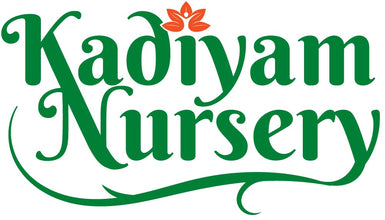-
Plant Description:
- Allium schoenoprasum is a species of flowering plant in the family Amaryllidaceae, native to Europe and Asia. It is more commonly known as chives. Chives are a herb that is commonly used in cooking to add flavor to a variety of dishes. The plant has a thin, green stem with a small, round bulb at the base, and small, purple flowers that bloom in the summer. Chives are easy to grow and are a popular choice for herb gardens. They prefer well-drained soil and full sun, and can be grown from seeds, seedlings, or bulbs. They are also drought-tolerant and resistant to pests and diseases. In addition to their culinary uses, chives have also been used medicinally to treat a variety of ailments.
-
Growing tips:
-
To care for chives, follow these steps:
-
Plant chives in well-drained soil that is rich in organic matter, such as compost. Chives prefer a pH range of 6.0 to 6.5.
-
Place the plants in an area that receives full sun, at least 6 hours of direct sunlight per day.
-
Water the plants regularly, keeping the soil moist but not waterlogged. Chives are drought-tolerant, so they do not require a lot of water.
-
Fertilize the plants once a month with a balanced, water-soluble fertilizer.
-
Mulch the soil around the plants to retain moisture and suppress weeds.
-
Prune the plants regularly to encourage new growth. To do this, simply cut the leaves back to about 2 inches above the soil level.
-
Divide the plants every few years to keep them healthy and prevent overcrowding. To divide the plants, gently dig them up, separate the bulbs, and replant them in new locations.
By following these simple care instructions, you can enjoy fresh chives in your cooking and landscaping for years to come.
-
Benifits :
-
Chives (Allium schoenoprasum) have a number of benefits both culinarily and medicinally. Some of the benefits of chives include:
-
Culinary uses: Chives have a delicate, onion-like flavor and are commonly used in cooking to add flavor to a variety of dishes, including soups, salads, and sauces. They can be added fresh to dishes or dried and used as a spice.
-
Medicinal uses: Chives have been used medicinally to treat a variety of ailments, including indigestion, respiratory problems, and high blood pressure. They are also believed to have antibacterial and antiviral properties, which may help to boost the immune system.
-
Ornamental value: Chives are attractive plants with small, purple flowers that bloom in the summer. They make a lovely addition to herb gardens and can be used in landscaping as a border plant or ground cover.
-
Easy to grow: Chives are easy to grow and are a popular choice for herb gardens. They prefer well-drained soil and full sun, and are drought-tolerant and resistant to pests and diseases.
-
Versatility: In addition to their culinary and medicinal uses, chives can also be used to make natural pest repellents and can be grown in containers or indoors.

